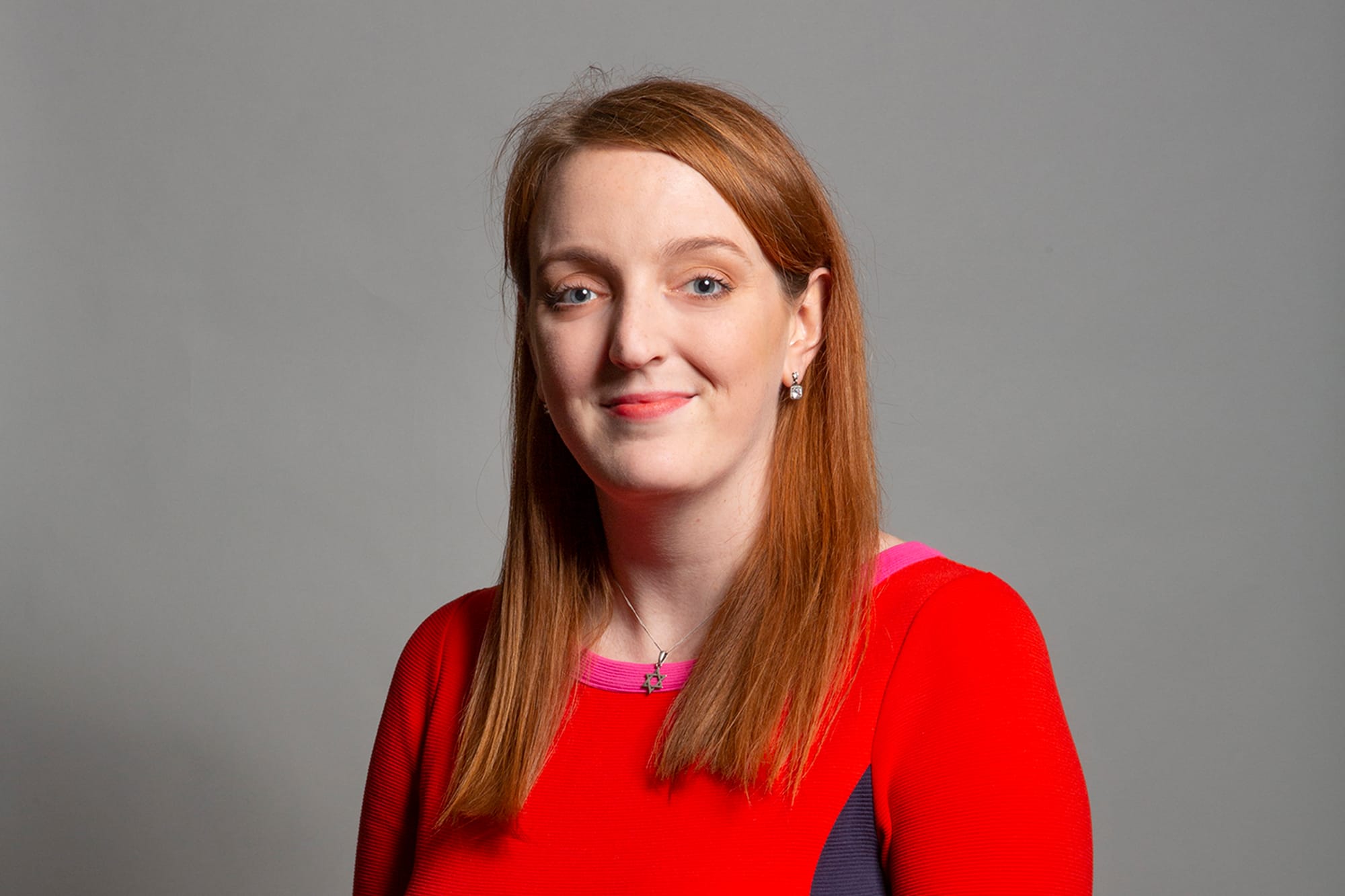It isn’t an easy time to be a new Jewish Labour MP - but it’s an important one
At this dark hour, the Jewish left must not shrink away. Our resolve to build an anti-racist movement must be hardened.

I’m sentimental at the best of times, but as we enter a new decade, I have reason to be. Even before I was elected as the new Labour MP for Warrington North two weeks ago, the last ten years had already totally transformed every aspect of my personal life: I left home, graduated, converted to Judaism, fell in love, came out, tasted loss, and learned self-acceptance. Then came the single proudest and most defining moment of my life.
It’s a particularly febrile climate to be entering Parliament. Labour suffered a loss that could prove existential; my own constituency is just about holding together the crumbling “red wall” between Merseyside and Greater Manchester where we lost many seats that have been Labour for decades, sometimes forever. Reconciling my excitement and my pain while trying to learn how to be an effective opposition MP under a government with such a huge majority, has been difficult—not least because many MPs I would expect to lean on during this period have not been returned.
Alongside my own personal reflection is a period of introspection for my party and the broader left. I hope we can resist the siren song of the wilderness that always seems so alluring in defeat: blaming one another, looking for easy answers, assuming that superficial changes will reverse a downward spiral that long predates Corbyn.
I believe the key factor in Labour’s defeat at this election was trust: long-standing Labour voters no longer felt the party was on their side. After the Coalition came to power in 2010, our election strategy seemed to take our core supporters for granted, convinced that swinging the Lib Dem vote in London and the South—a tactic that almost never works—was our route back to power. In the end, voters swung to other parties, while ours gradually stopped turning out, then collapsed. Brexit and the leadership contributed to this breakdown of trust among Labour’s traditional base. Yet nowhere has the loss of trust in Labour been as stark as in the Jewish community.
The issue of antisemitism in the Labour Party has caused immense hurt in recent years, putting Jewish Labour supporters in an awful position. We feel torn between two indivisible aspects of our identity: our people and our politics.
No party entered this election with a pristine track record on racism. Nevertheless, it’s galling to think that mine was seen by my fellow Jews as a greater threat than a Conservative Party which has actively emboldened the white nationalist far right, the same that has unleashed antisemitism around the world. It is essential that we consider seriously why Labour has accommodated even a single antisemite. Yet we must also carefully examine why the likes of Tommy Robinson, Katie Hopkins and, reportedly, thousands of Britain First members are making themselves at home among Boris Johnson’s Conservatives.
So too must we ask why one of our communal newspapers—one that has taken such a firm stance against antisemitism in Labour—sees fit to diminish it elsewhere; why it repeatedly publishes Islamophobes, as though our liberation is somehow separable from that of other minorities, as though our interests are served by pitting ourselves against one another. Our political culture has become one of polarisation and alienation and all of us have a duty to come together to repair this.
This Chanukah, our celebrations have been tempered by heartbreak: in the UK, by seeing our high streets and places of worship daubed with antisemitic graffiti; in the US, by a string of violent attacks taking place on every one of the holidays eight days. It’s never been more important for the Jewish left, both at home and abroad, to refuse to shrink away, to refuse to be demoralised by a bleak political picture. At this dark hour, our resolve must be hardened.
The findings of the Equality and Human Rights Commission’s investigation into accusations of antisemitism within the Labour Party are unlikely to make easy reading. They may, however, help guide us in determining where to go next—for there is a lot of work to be done. Those of us who want Labour to be an antiracist movement must get serious about building one: one that fights all forms of discrimination, that does not allow racism to be used as a wedge between oppressed communities, that stands firm against attempts to exploit people’s fears for electoral advantage.
The process of restoring trust between Labour and the Jewish community, alongside the broader project of reconstructing the Jewish left, will be slow. I hope Vashti will be a space for rising to that challenge.
Happy new year. ▼
Charlotte Nichols is the newly-elected Labour MP for Warrington North.
Author
Charlotte Nichols is the newly-elected Labour MP for Warrington North.
Sign up for The Pickle and New, From Vashti.
Stay up to date with Vashti.



